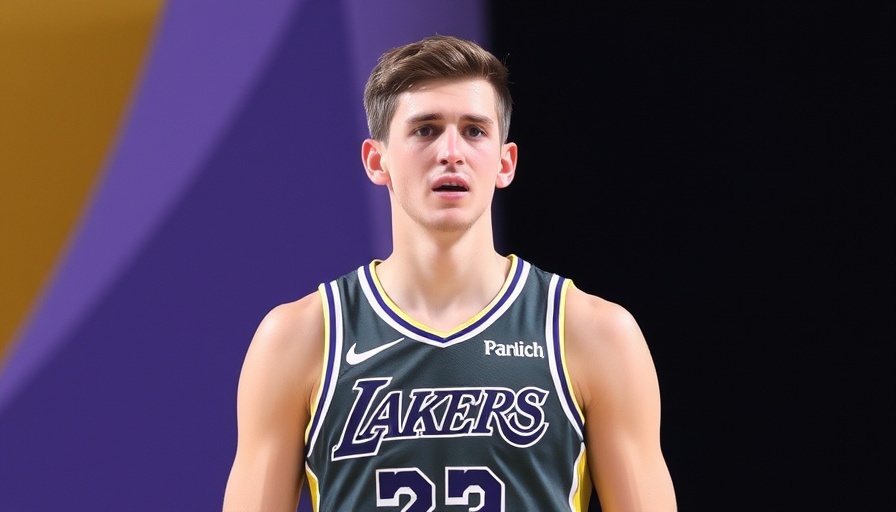
Understanding the Ties Between Secularism and Faith
In an increasingly secular world, the juxtaposition between faith and reason becomes more pronounced, especially among the residents of Bakersfield, CA. We live in a society where rational thought often wrestles with deeply held beliefs. For some, like the author of the commentary on the Torah titled 'The Rational Bible,' this conflict feeds into their religiosity. They find that their commitment to reason acts as a bridge to a profound faith, one that dismisses irrationality while acknowledging the necessity of belief.
The Paradox of Secularism
One of the provocative assertions made in this commentary revolves around the view that secularism, while liberating in some aspects, can lead to absurd beliefs that challenge basic common sense. As the author points out, a significant number of secular individuals seem to adopt stances that many religious people would find nonsensical. It begs the question: does a rejection of religious tenets open the door to a different form of irrationality?
Can Reason Nurture Faith?
Many in Bakersfield might find themselves grappling with the question of whether rational thinking can coexist with the tenets of faith. The commentary suggests that belief in a Creator is more logical than an entirely random universe. This perspective reflects a broader struggle of how people value and interpret tradition versus modern secular narratives. As the landscape of culture and belief shifts, individuals may seek a faith that is compatible not just with spirituality but with reason as well.
Impacts on Social Constructs
The implications of this dialogue extend beyond personal belief systems into societal behavior. The author argues that secularism influences crucial societal constructs like marriage and family. It stands to reason that understanding the connection between secular beliefs and social trends—like declining marriage rates or lower birth rates—could be essential for shaping future public discourse. In Bakersfield, as in many other communities, this thread weaves through the fabric of everyday life, influencing decisions about family and community values.
Historical Context: The Reclaiming of Reason
Historically, debates surrounding faith and reason have shaped civilizations. Figures like G.K. Chesterton—who purportedly made the statement, 'When people stop believing in God, they don’t believe in nothing; they believe in anything'—provide a lens into how belief systems have evolved. In our modern age, revisiting these discussions can help us better understand contemporary societal issues. Community members who reflect on these historical dialogues may find guidance in navigating their paths in a world where secularism often dominates.
The Role of Beliefs in Shaping Values
Moreover, the commentary draws attention to how various beliefs shape values in a community. Beliefs influence everything from parenting styles to the value placed on education and communal responsibilities. In Bakersfield, these influences are palpably felt in local institutions and social gatherings. Observing how these beliefs impact interpersonal relationships can deepen our understanding of the world around us.
Rethinking Secularism's Influence
Interestingly, secular viewpoints are increasingly evident in discussions surrounding public health and societal roles. The commentary highlights that secular ideology often leads to divisive beliefs that can seem irrational. For instance, some viewpoints on gender identity and biological situations have stirred debates across the nation. Those in the community must engage with these dialogues critically, weighing how beliefs align with personal convictions and collective values.
Encouraging Dialogue in a Diverse Community
Ultimately, the key takeaway from the commentary and its implications for the Bakersfield community is the importance of open dialogue. As secularism rises, engaging everyone—regardless of belief—can foster understanding and mitigate polarization. To bridge the gap between believers and non-believers, local events, discussions, and educational forums could be organized, promoting avenues for respectful engagements that highlight both faith and rational discourse.
As residents of Bakersfield navigate the complex intersection of secularism and religion, it’s crucial to foster a culture of understanding and respect that allows varied beliefs to coexist and be appreciated. We challenge our readers to reflect on their beliefs and how these shape their lives in an ever-evolving societal landscape.
Engage with your community: Join local discussions and promote understanding.
 Add Row
Add Row  Add
Add 



Write A Comment